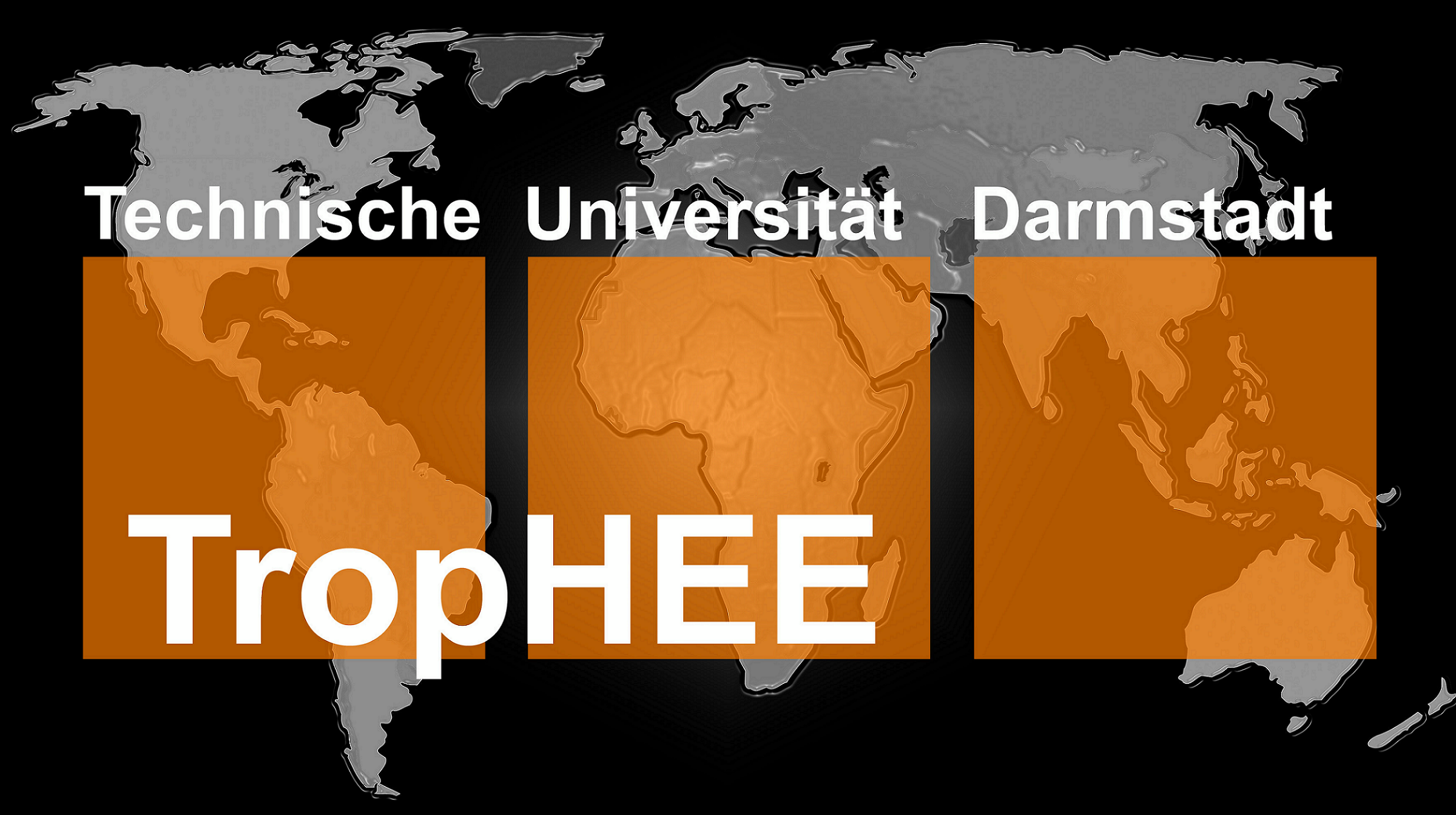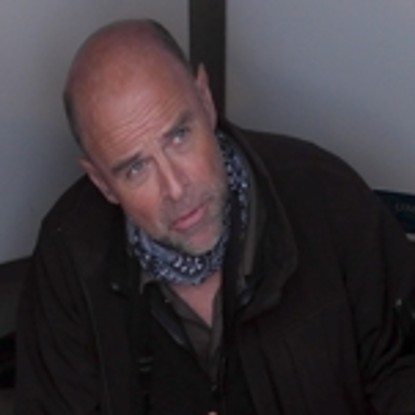General Information
Environmental sustainability
In the areas of environment and development, sustainability is of vital importance. Introduced in forestry as early as the 18th century, the term sustainability has been defined in more recent times in the UN report “Our Common Future” (1987; also known as the Brundtland Report) as “development that meets the needs of the present without compromising the ability of future generations to meet their own needs”. In other words, a fair sharing of the resources by the present generation and generations to come must be attained.
Water is an essential resource for mankind and nature. One of the specific targets of Goal 7 “Ensuring Environmental Sustainability” of the UN's Millennium Development Goals has been to “halve, by 2015, the proportion of the population without sustainable access to safe drinking water and basic sanitation”. While this target had been achieved on global scale already in 2010, water supply and water management tasks will be aggravated in the future by climate-change-induced processes, most notably in regions of natural water scarcity, i.e. arid and semi-arid regions.
Many of the most urgent problems in the field of water and energy supply and environmental protection are related to geoscientific issues and require a sound knowledge of the foundation of our material existence: the underground and its special features and processes. Geoscientists investigate the potentials of the subsurface in order to e.g. find fossil fuels, metals and raw materials, exploit groundwater and describe the capacities of different soils and their vulnerabilities, assess land use and planning decisions, etc. Thus geoscientists have the necessary knowledge to balance the challenge of economic growth against ecological needs and social goals.
Research fields for TropHEE graduates
The following professional areas and fields of research are open to the graduate:
- Research in the field of transport and fate of contaminants.
- Research and development in the field of sustainable groundwater protection.
- Planning, design and implementation of groundwater protection areas and catchment areas as well as catchment management.
- Behavior of contaminants in water and soil.
- Research in the field of soil erosion and protection.
- Planning, design and implementation of soil protection measures and measures to avert soil erosion.
- Consulting in the fields of water management.



